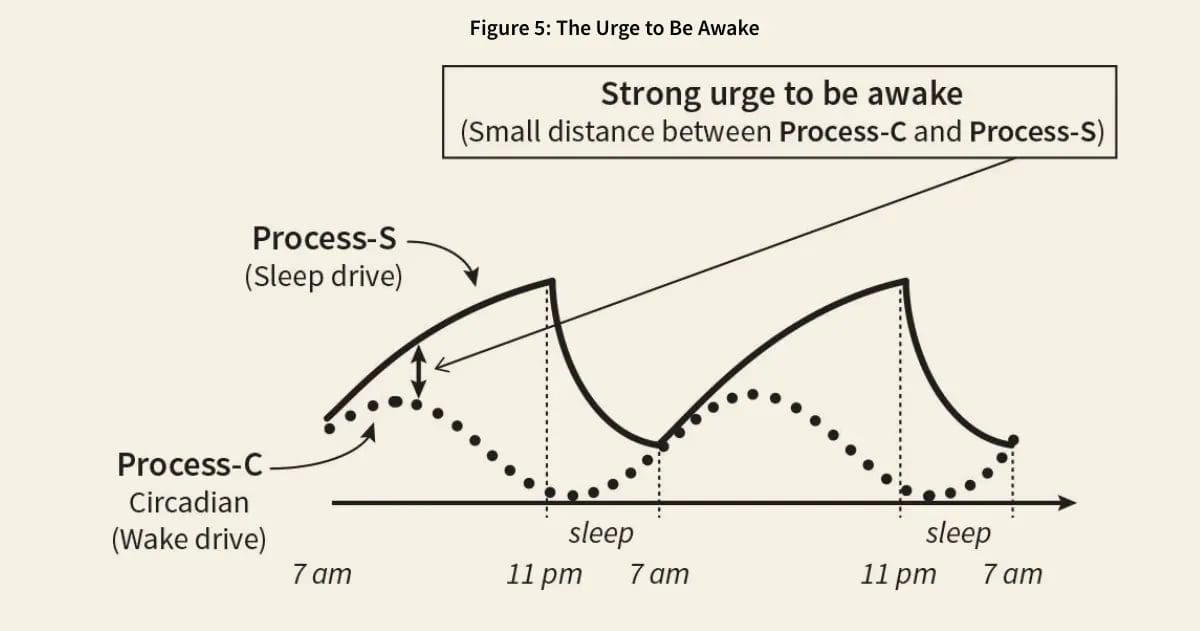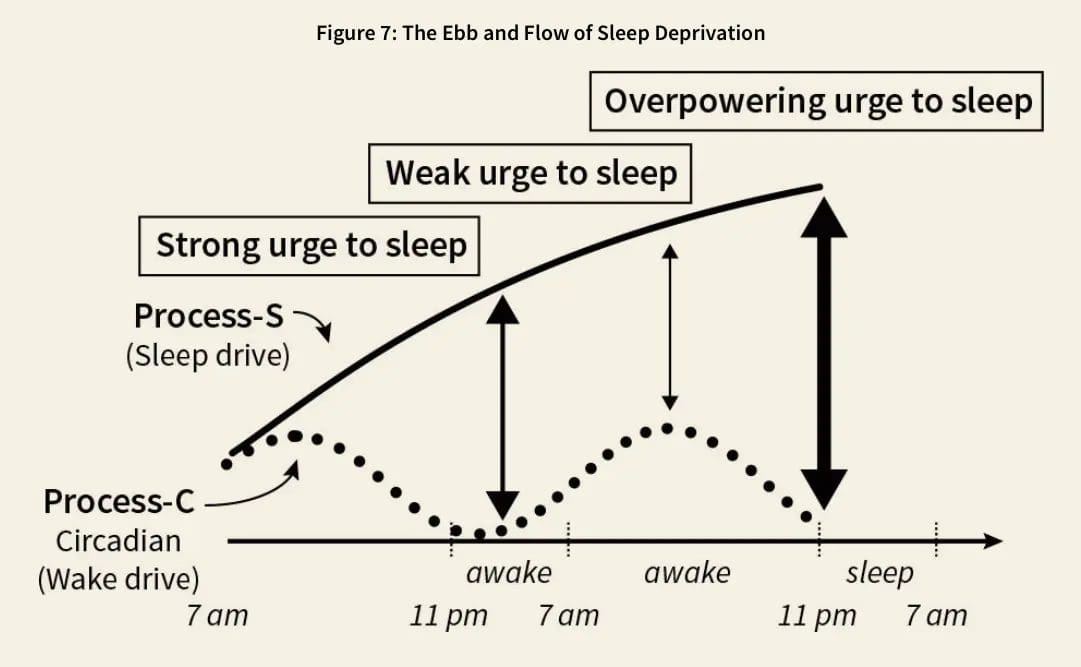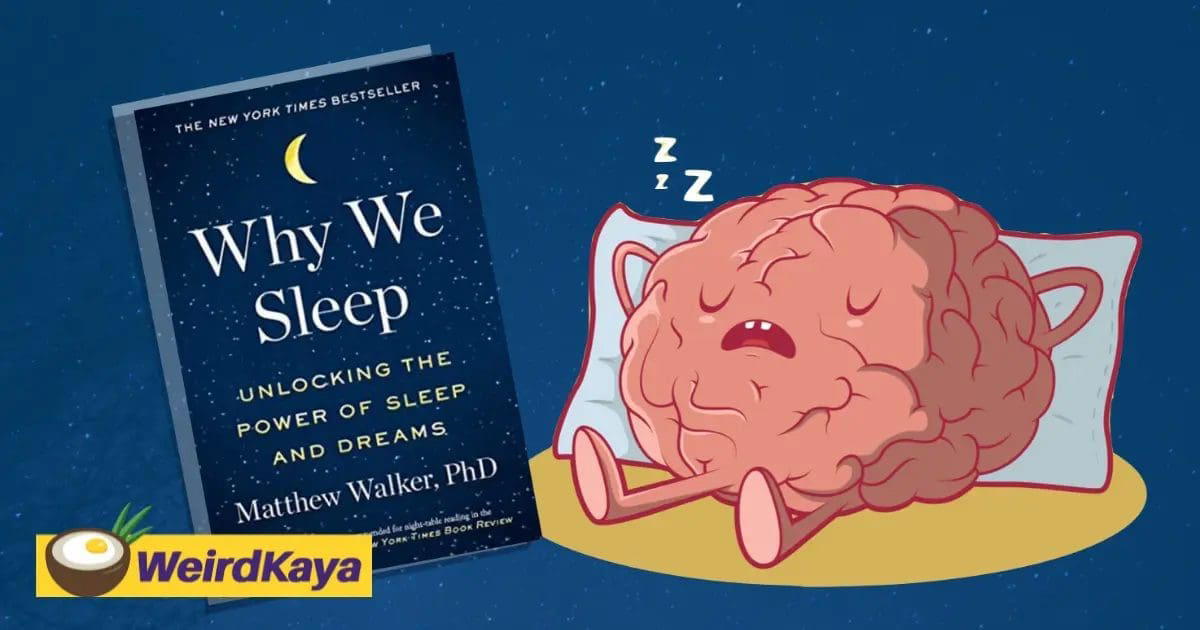Let’s admit it. We all have been guilty of sacrificing our sleep to complete pressing (and sometimes unimportant) matters.
Before we delve any further, let’s look into the scientific side of sleep and how it affects our productivity.
Tick tock goes the body clock
As its name suggests, the body clock is an internal system that determines our sleep drive and helps balance our need for rest. If we are awake longer than usual, our biological clock will alert us that sleep is required.
Thus, you’d probably know by now that burning the midnight oil isn’t necessarily a good practice as it severely hampers your productivity levels the following day.
In his book Why We Sleep, neuroscience and psychology professor Matthew Walker outlined the science behind sleep and dissected the inner workings of our ‘body clock’ known scientifically as the circadian rhythm.
The Circadian Rhythm
The circadian rhythm is a unique 24-hour cycle that regulates our wakefulness and sleep as it send signals to the brain to determine whether we should be asleep or not. The hours of which is dependent on genetics.
The diagrams below explain the relationship between our ‘desire to sleep’ (sleep drive) and ‘want to stay awake’ (wake drive). It also shows how the cycle can be manipulated by external factors such as light, caffeine, energy levels, etc.


Ever recalled a time where you had to stay up late and felt the exhaustion creeping in, but mysteriously disappeared when a certain hour hits the lock? That is your wake drive kicking in albeit your building sleep drive.
In addition, artificial stimulants such as caffein may temporarily fool your body into resisting sleep drive. However, the Circadian Rhythm will not change its cycle, creating a disharmony between biological needs and reality.
When this equilibrium is lost, your sleep quality is jeopardise and hence daily bodily function such as productivity levels, energy, mood swings, etc.
Caught enough Z’s?
So, how do we know if we are getting enough sleep? Walker presents two questions that may help discover the answer:
- After waking up in the morning, are you able to fall back asleep at 10/11 am? If the answer is “yes,” you are likely not getting sufficient sleep quantity and/or quality.
- Can you function optimally without caffeine before noon? If the answer is no, then you are most likely self-medicating your state of chronic sleep deprivation.”
Cutting the hours doesn’t cut it
While sleep quantity and quality varies with age and environmental factors, a healthy adult needs at least seven hours of sleep to function well.
If you are still not convinced, here’s a short list of consequences linked to sleep deprivation:
- Lower concentration levels
- Cognitive impairment
- Weakened memory powers
- Higher risk of heart problems
- Overeating, leading to diabetes and weight gain
In fact, sleep deprivation is an issue that has serious ramifications and is considered “too extreme to be included into the Guinness Book of World Records.”
How can I improve my sleep?
Thankfully, getting quality sleep isn’t rocket science but it does require quite a bit of effort in discarding habits that affect it.
Here are some ‘sleep hygiene principles’ by Walker for those looking to restore their natural sleeping patterns:
- Establish regular bedtime and wake-up time, even on weekends
- Go to bed only when you’re sleepy and avoid sleeping on the couch early in the evening
- Never lie in bed for too long. Get up and do something relaxing if you can’t fall asleep
- Avoid daytime napping if you find it difficult to sleep at night
- Reduce anxiety-inducing thoughts
- Remove visible clockface from your view to prevent clock-watching anxiety
Sleep is a right, not a privilege
Far too often, we have overlooked the importance of sleep due to increasing work and social pressures. Some have even called it ‘a waste of time’.
But if we ignore it for too long, our physical and mental health is going to suffer in the long run – something that we should never take for granted.
Thus, it takes practice and discipline to improve your sleeping patterns in order to have a more fulfilling life.
As aptly summed up by Walker himself, “The best bridge between despair and hope is a good night’s sleep.”

Cover Images provided by Shuttlestock
Source: Why We Sleep by Matthew Walker
Editor: Anna Wong
Proofreader: Sarah Yeah


